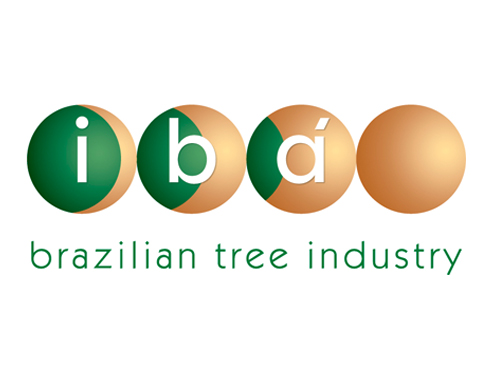Brazilian tree industry in defense of the Amazon Forest

The Amazon is back on center-stage of international attention, albeit for reasons of justified concern. In light of recent news of widespread fires and increasing rates of deforestation, which has placed us all on alert, such an environmental crisis should serve as an opportunity for an all-out effort that mobilizes Brazil and the international community.
Fully aware of the social, environmental and economic importance of a preserved forest, the Brazilian Tree Industry Association (IBA) joins in support of the Amazon, above and beyond political and ideological quibbles. We must unite around a scenario where conservation and sustainable development are compatible.
There can be no doubt: Ibá stands totally against illegal deforestation. We believe in the potential of combining development for the region and its peoples within a framework that is economically sustainable, and that does not depend on the depletion of forest stalks.
The irresponsible acts of illegal deforestation and fires in the Amazon are in total conflict with the modern environmental outlook connected with the bioeconomy, a path we have been pursuing and cannot afford to stray from, out of respect for the future generations.
The Brazilian planted forest sector, as well as the modern Brazilian agrobusiness, have a proven record of effective promotion of environmental causes, producing natural, renewable products in a sustainable way. For instance, all of the pulp and paper produced in Brazil are made from trees that are planted for this purpose. Brazil has 7.8 million hectares of planted trees, usually located in areas that were previously degraded by others usages. In many cases, these plantations are certified by internationally recognized systems like the FSC and the PEFC/Cerflor, which confirm the origin and traceability of our products, thus helping foster a responsible market and international trade practices.
The private sector is also a strong ally in the preservation of significant areas of our native ecosystems. For each hectare of land planted with trees for industrial purposes, another 0.7 hectare is destined for conservation. Brazil currently holds 5.6 million hectares of natural forest in areas of permanent preservation (APP), legal reserves (RL) and private reserves (RPPN), a figure that surpasses the minimum required by national legislation, the Forest Code. The estimated carbon dioxide equivalent stock generated by the Brazilian planted tree sector amounts to 4.2 billion tons.
The planted tree segment is the 4th leading export industry within the Brazilian trade balance and has integrated the work of building a modern Brazilian productive sector that combines production with conservation - an effort that has gained international recognition.
We cannot allow that decades of hard and devoted work carried out by the private sector, the academy, by researchers, public servants and environmentalists be suddenly wasted.
It is important that the Brazilian Government opens its channels of dialogue with all stakeholders who love the country and who acknowledge the need to assure life quality for the coming generations.
Together, we must engage in honest dialogue in order to propose urgent solutions, avoiding being trapped in sterile partisan disputes. We must work together to rebuild Brazil’s image throughout the world. The moment has come for integrated action and strategies in order to assure zero tolerance with illegal deforestation in the Amazon and in Brazil.
As we approach UN COP 25 to be held in Chile in December, the planted forest-based agroindustrial sector represented by IBA hopes that the current environmental crisis can spur Brazil into resuming its unavoidable leadership role in global discussions on environment, sustainability, climate and biodiversity.
Protecting the environment and the future of Brazil is everyone’s responsibility.
+++
Paulo Hartung
Executive-President of Ibá, the Brazilian association of companies and investors in the agroindustrial, planted-forest based sector

